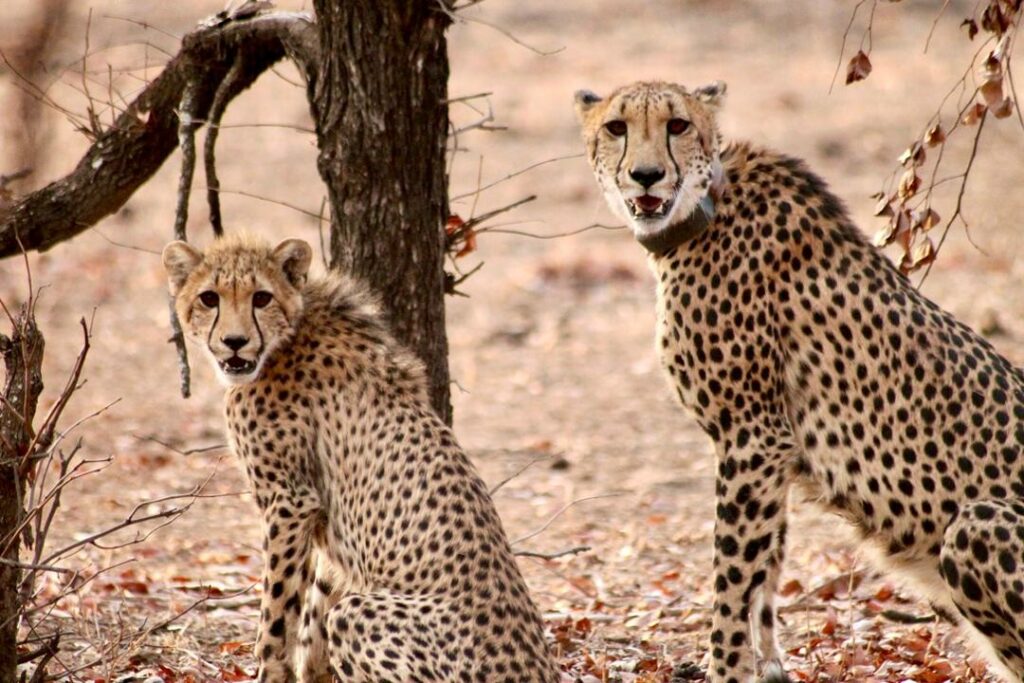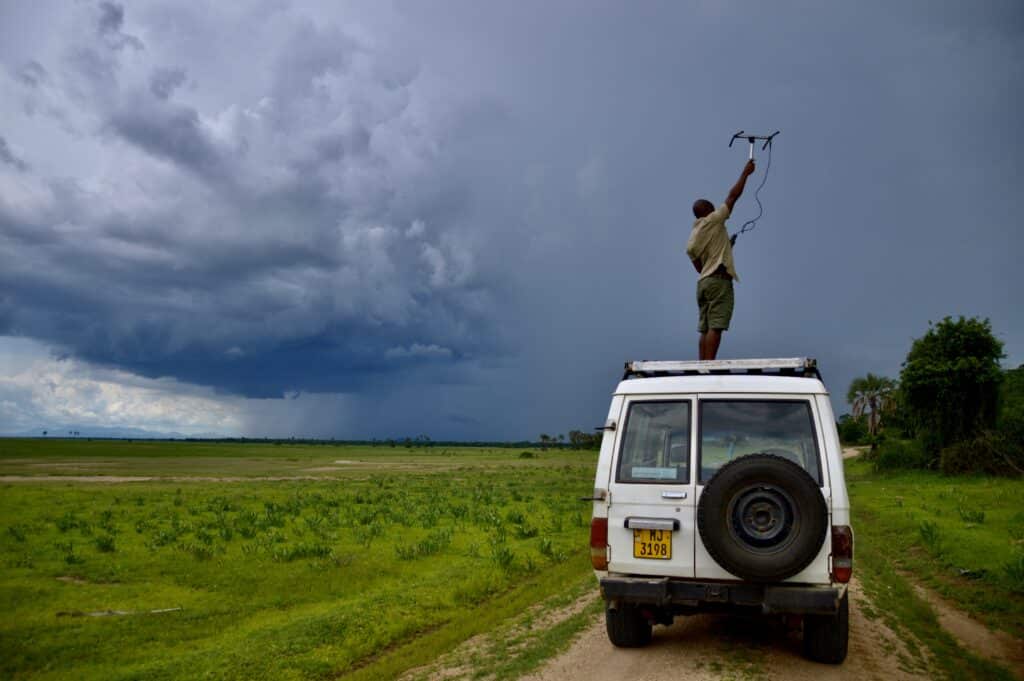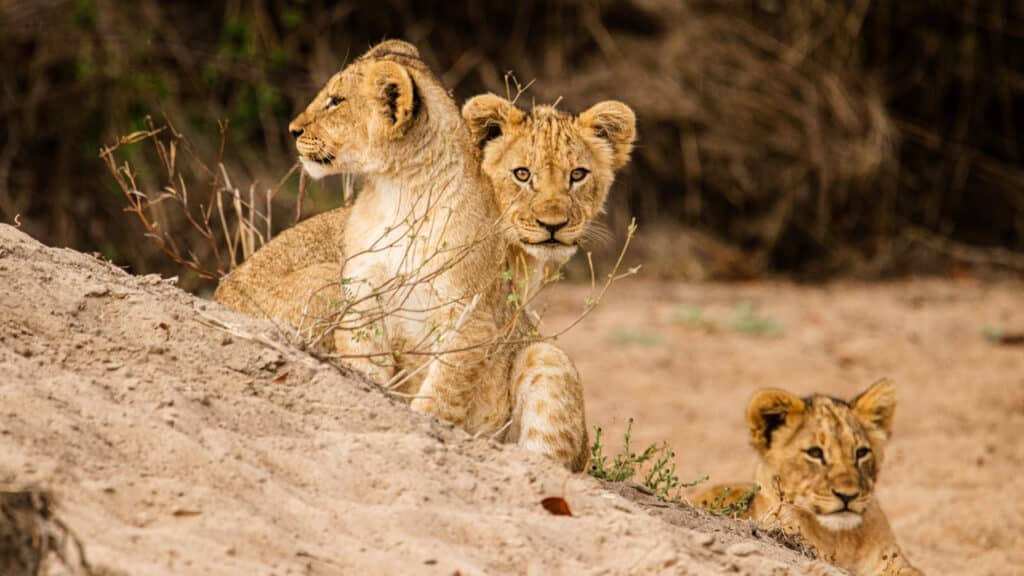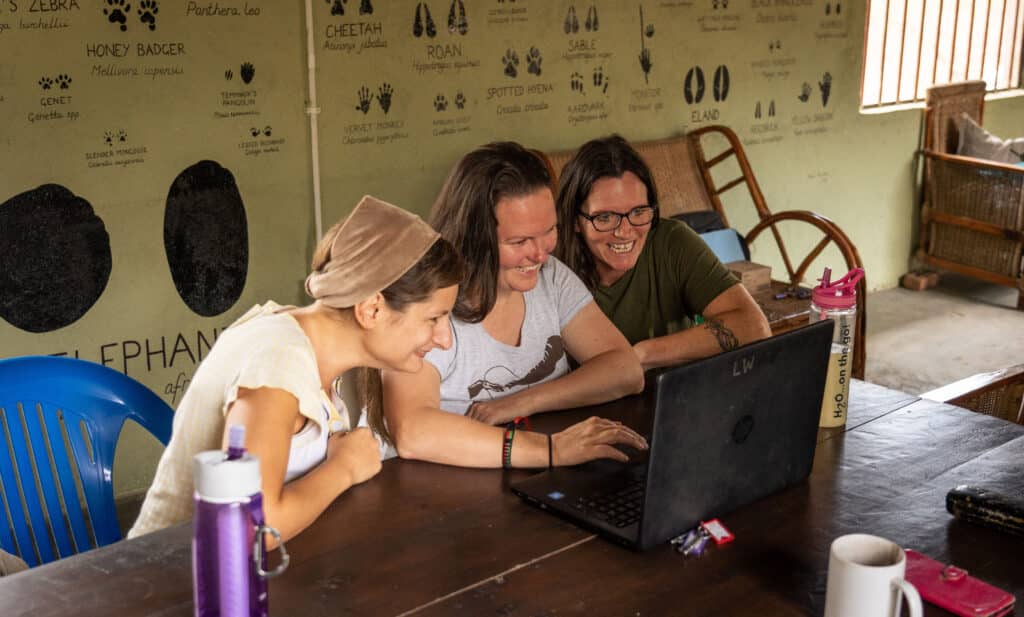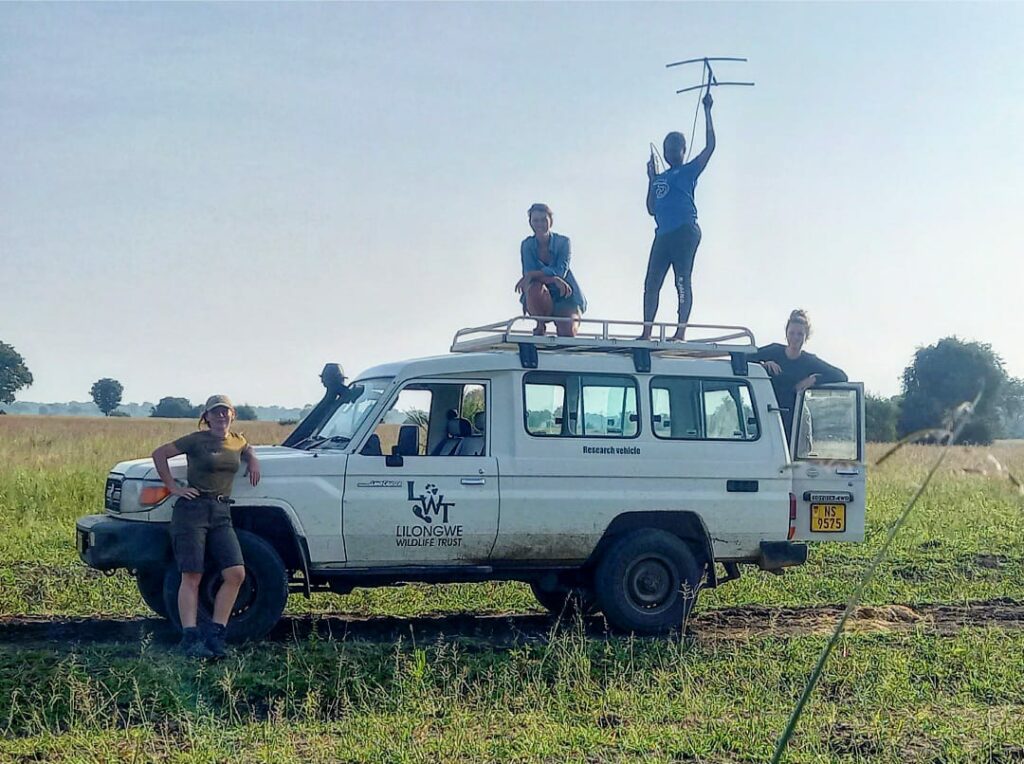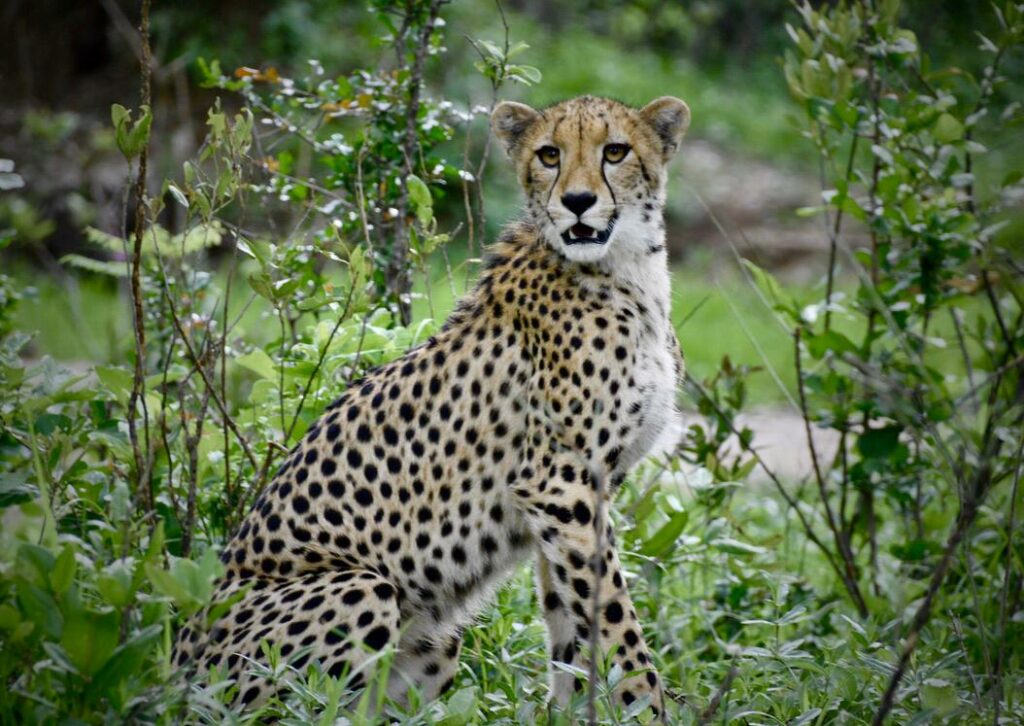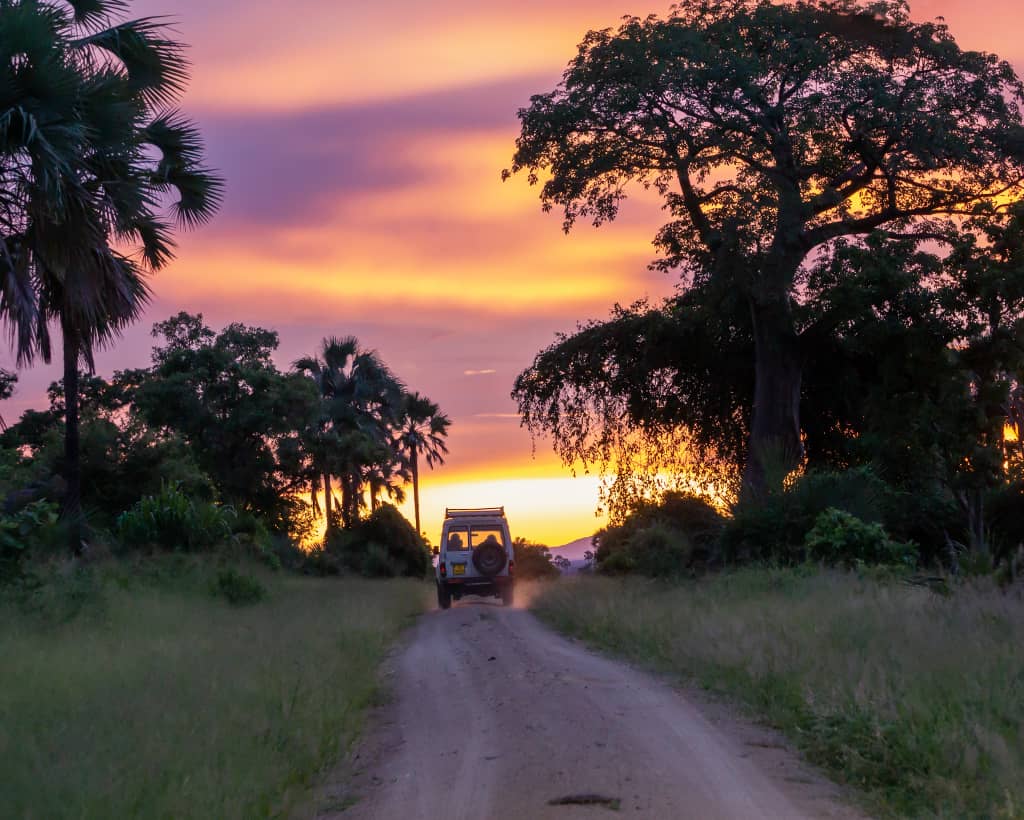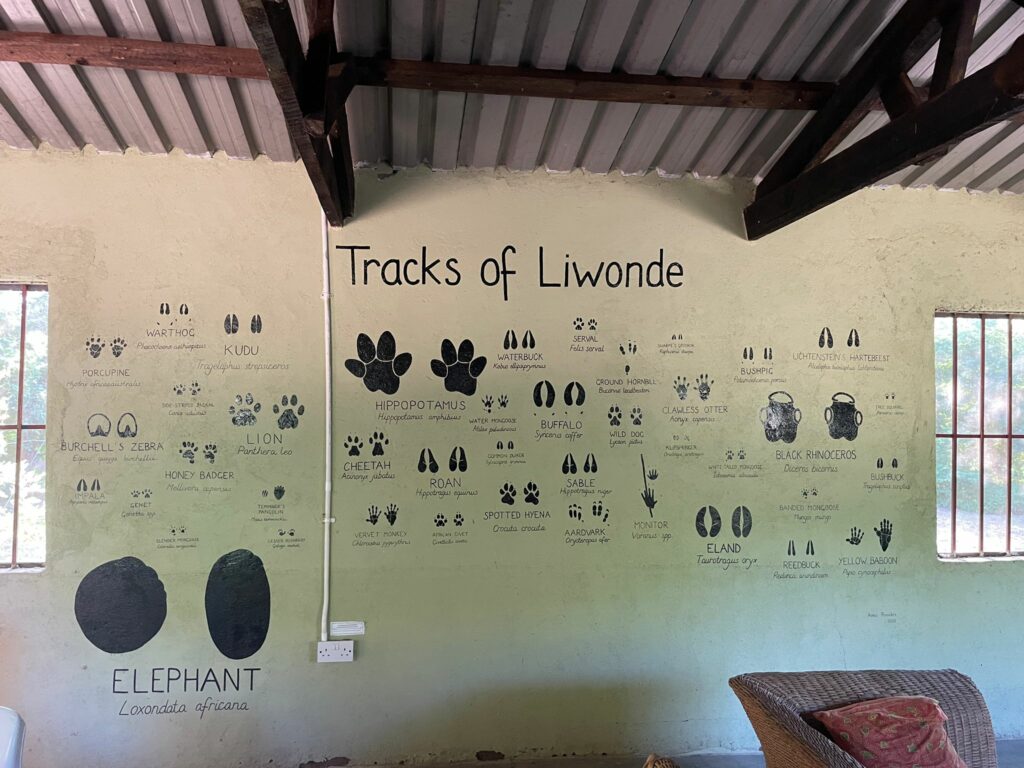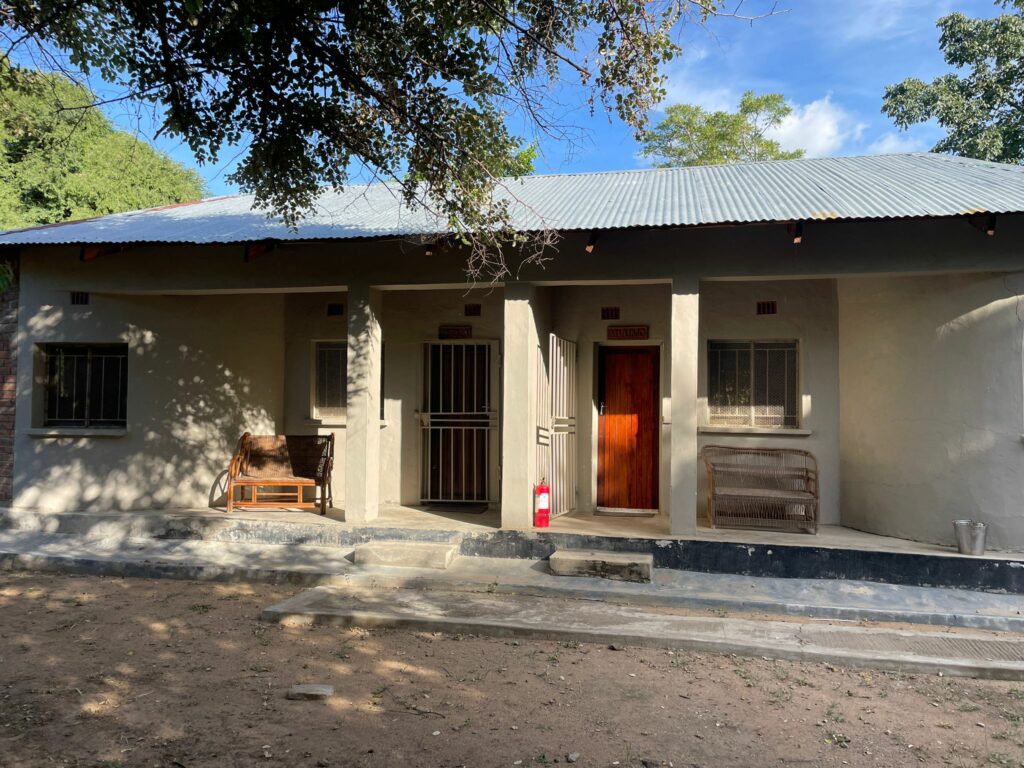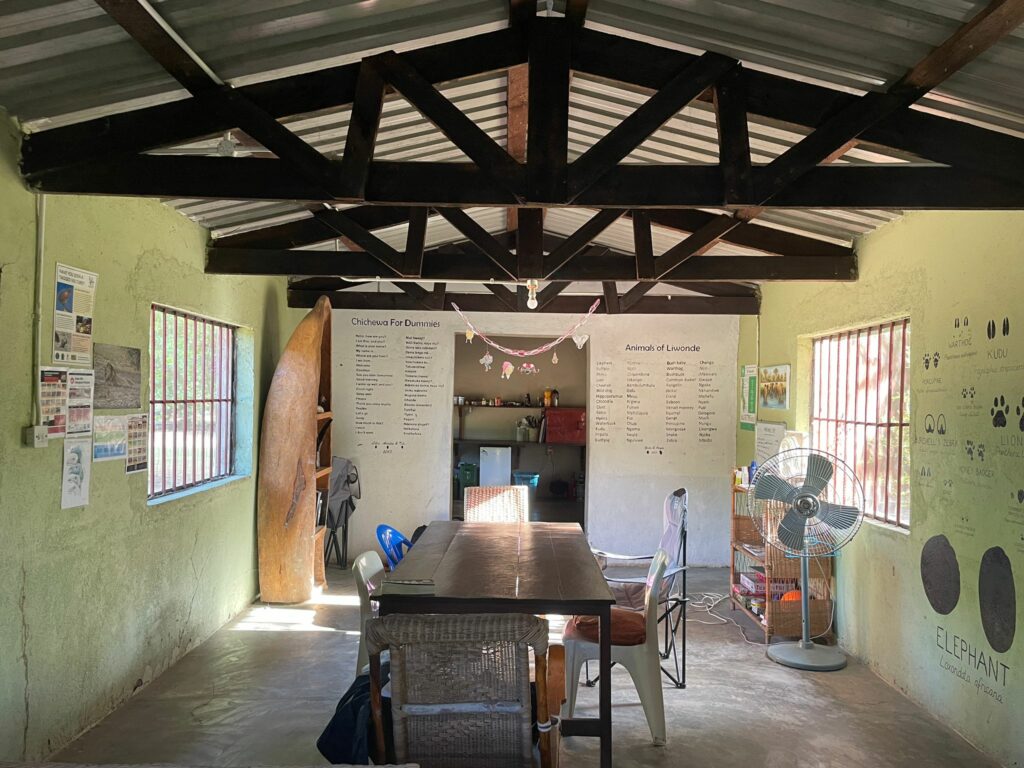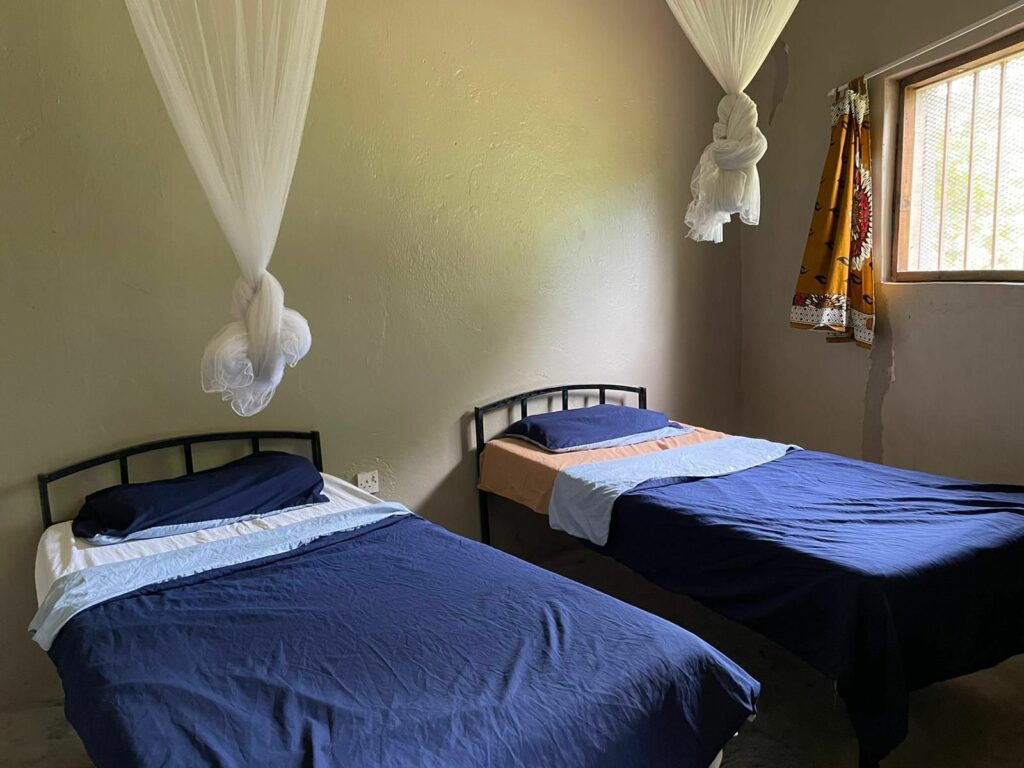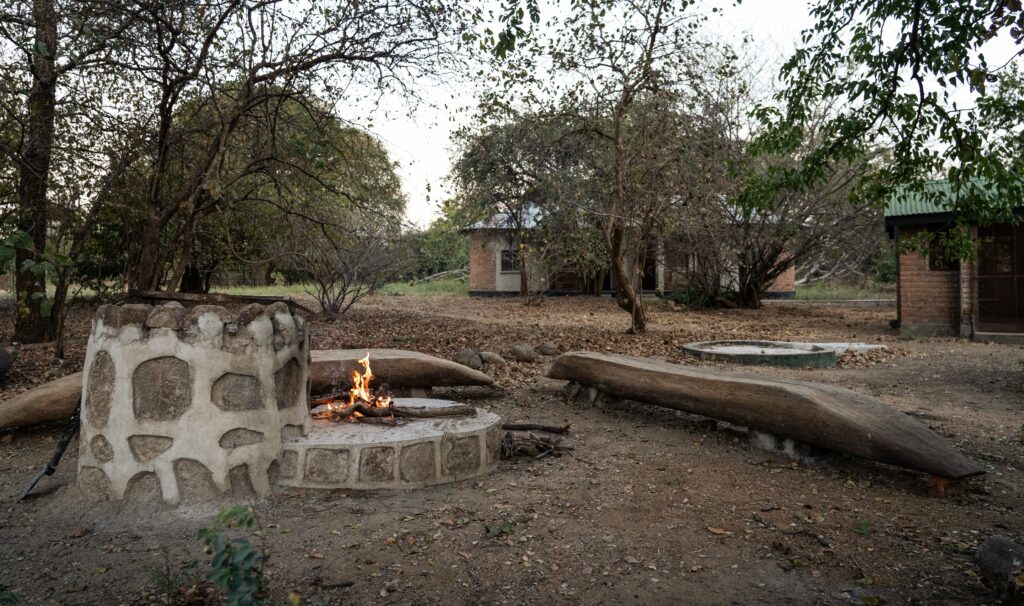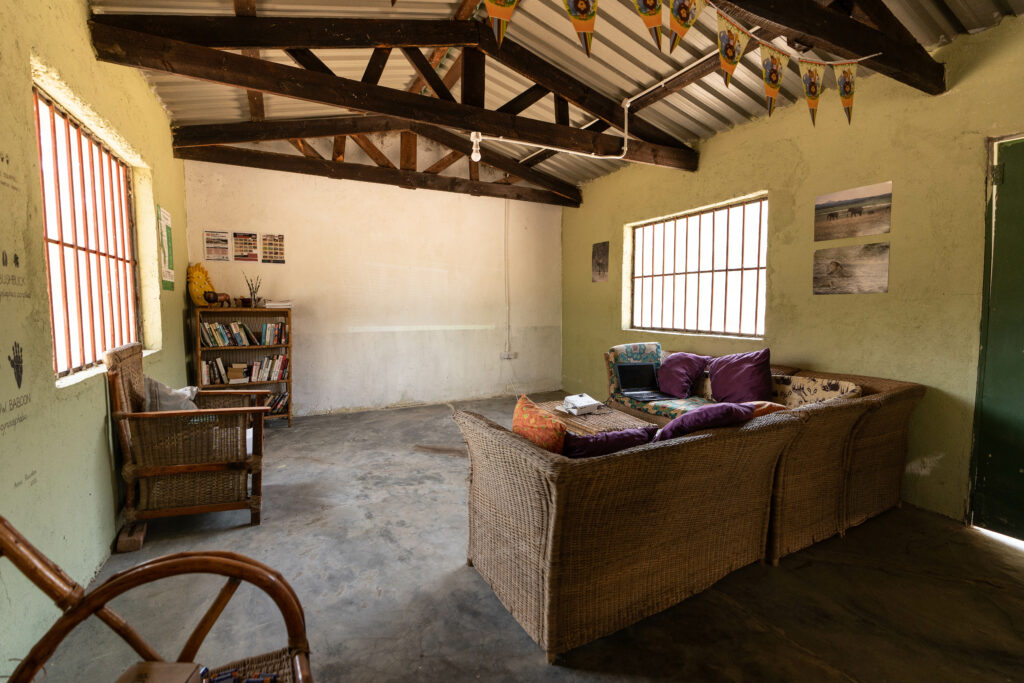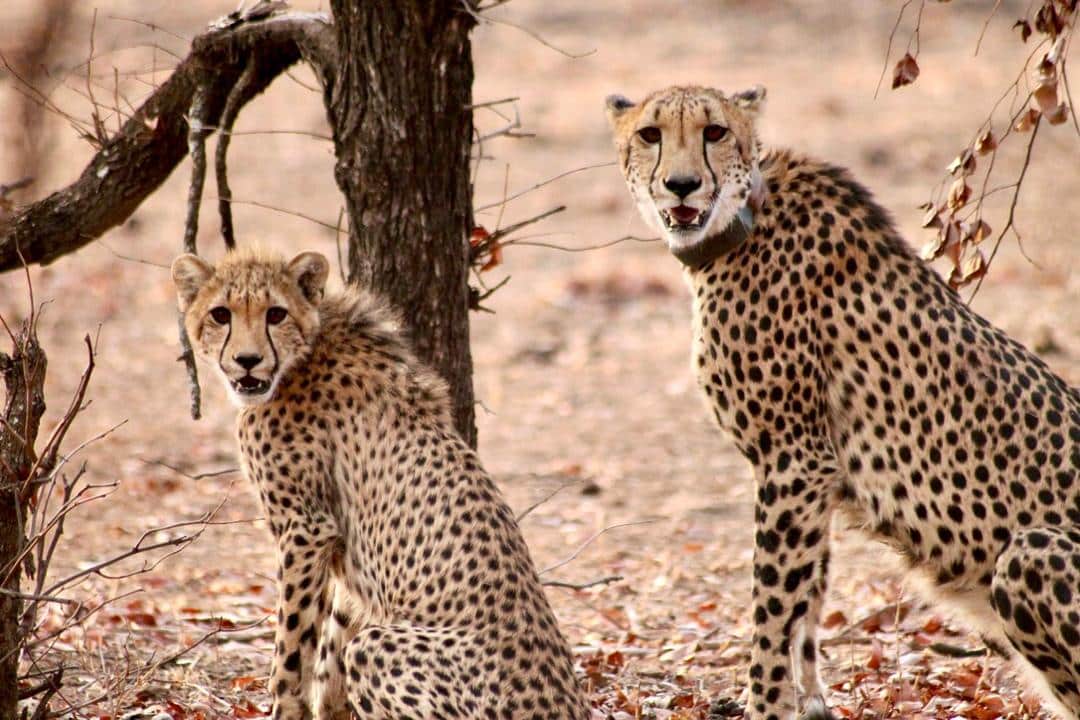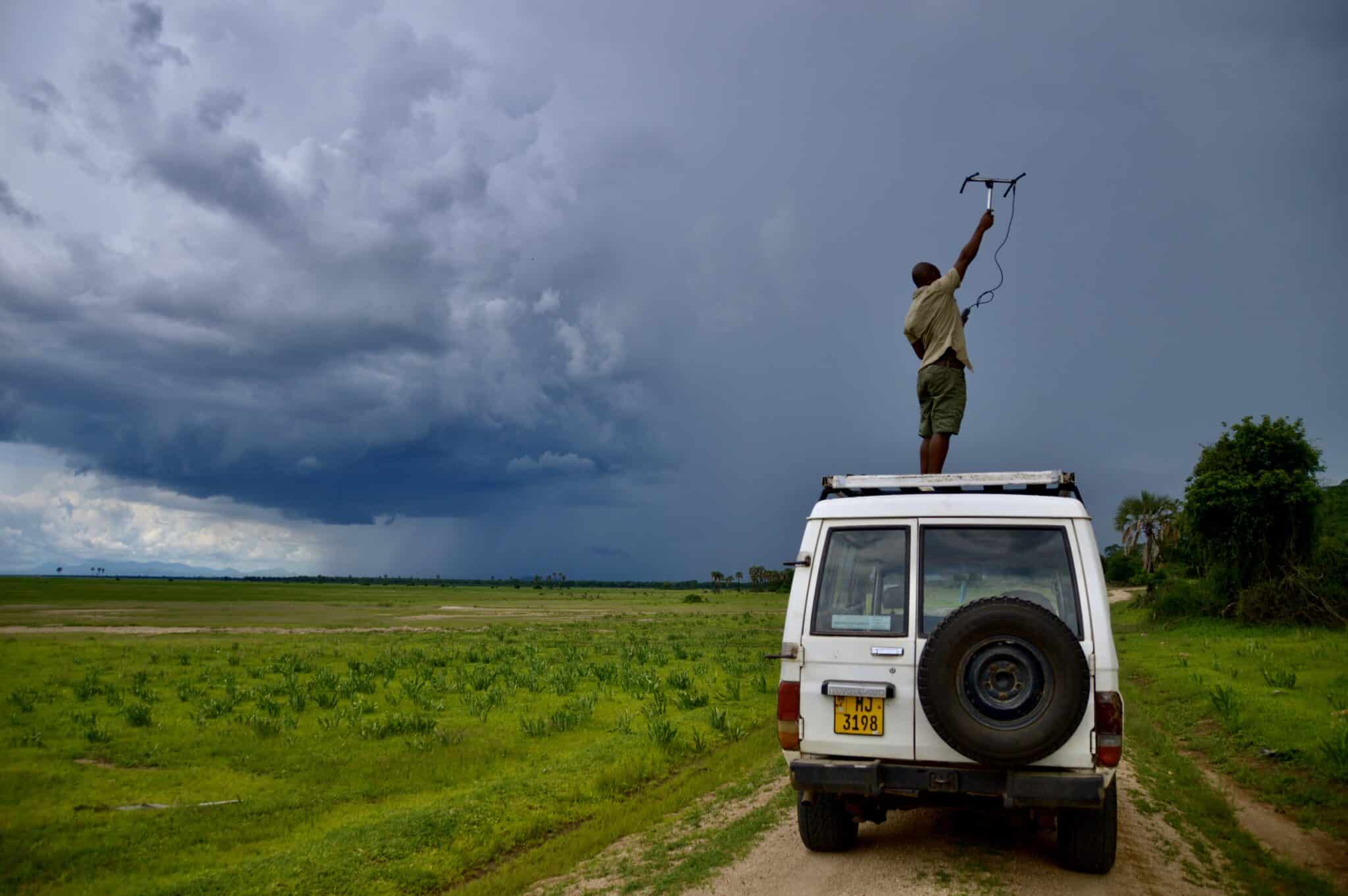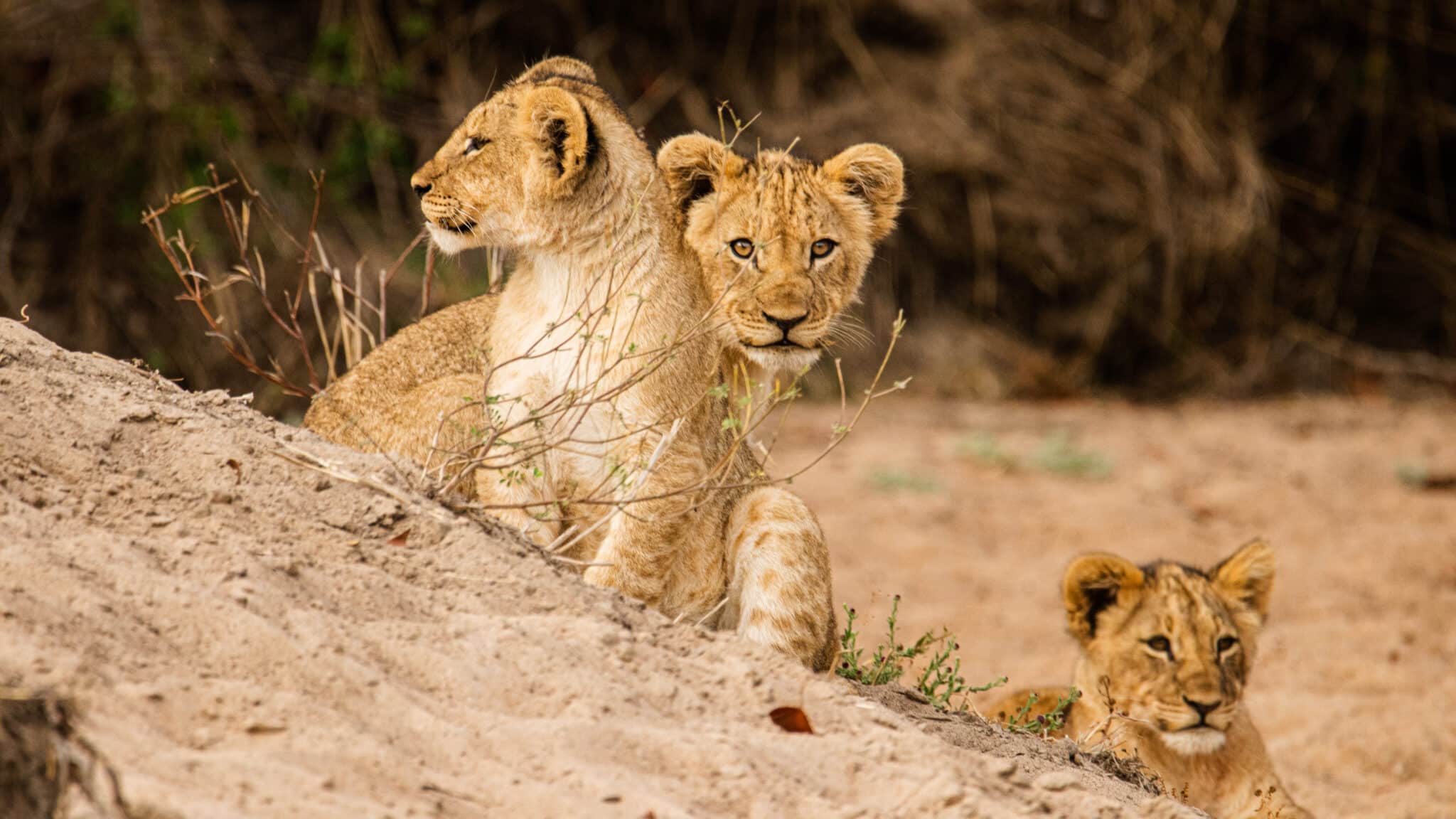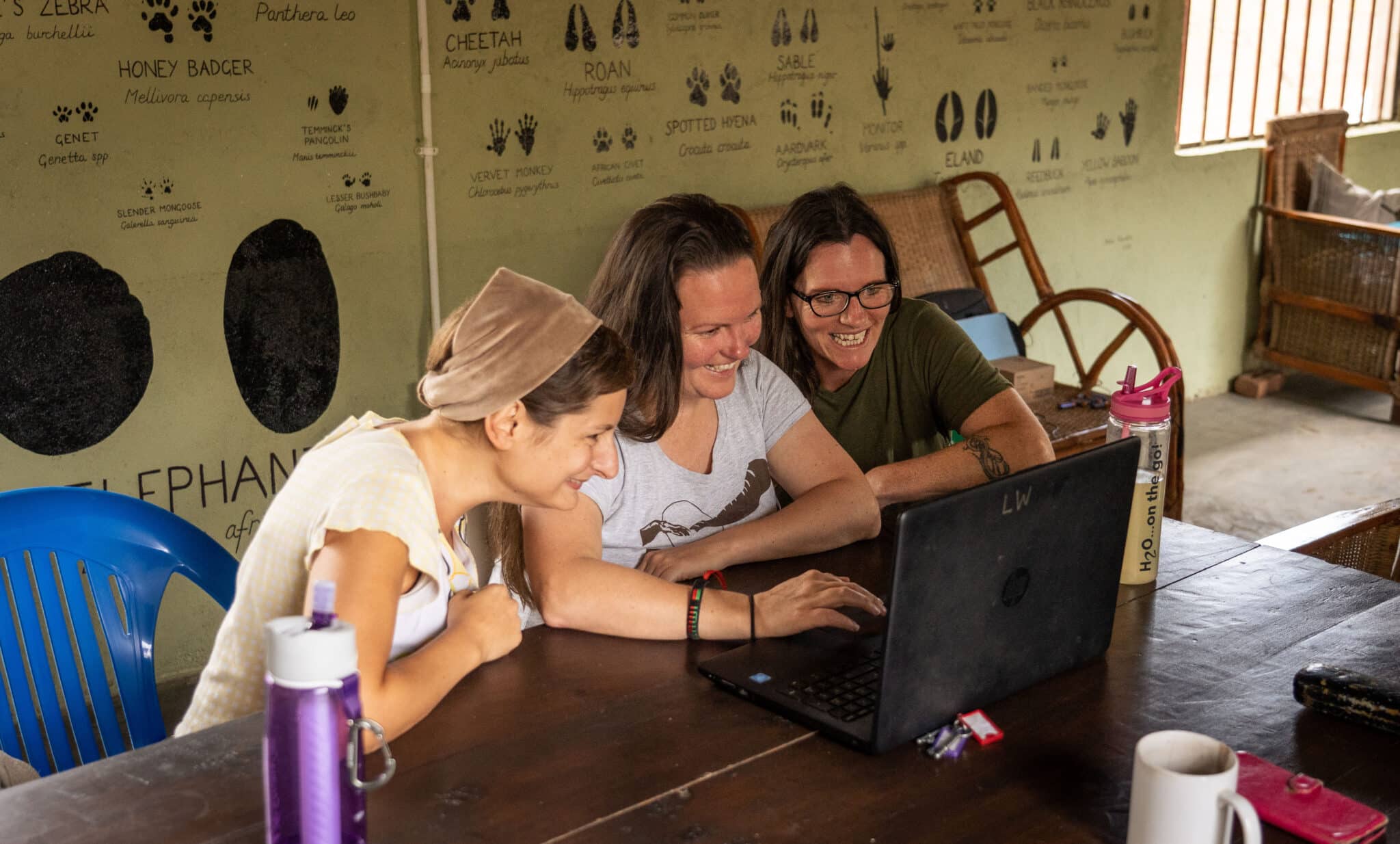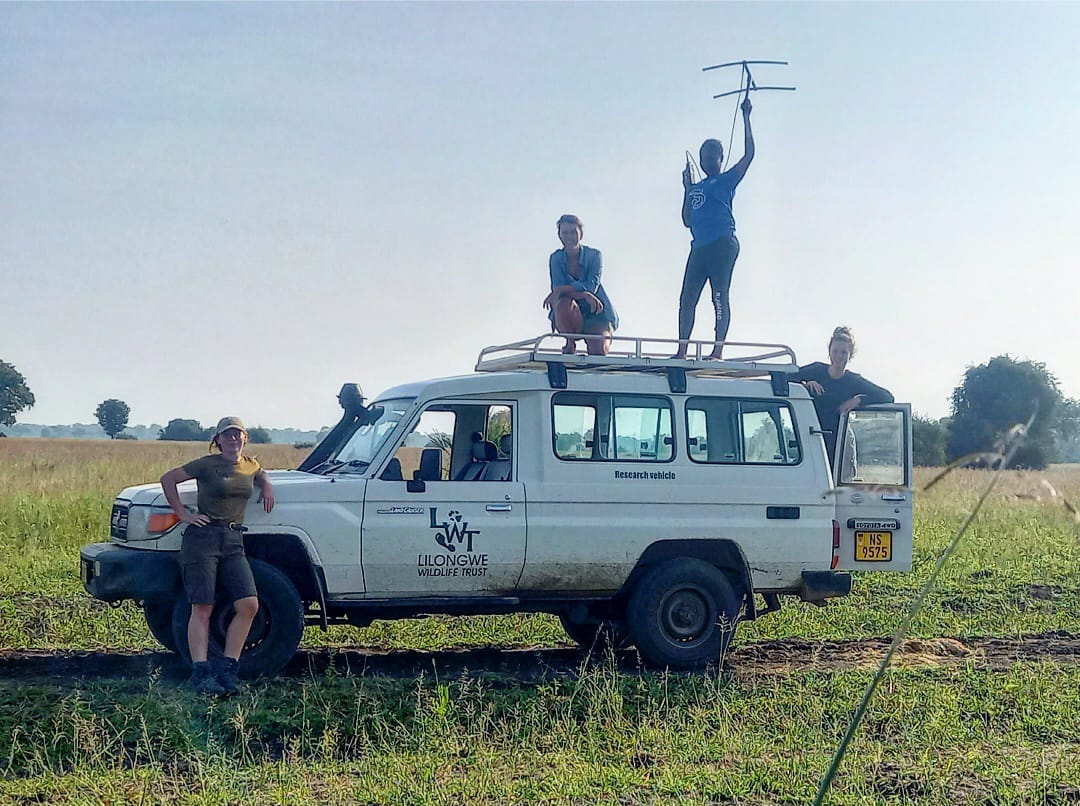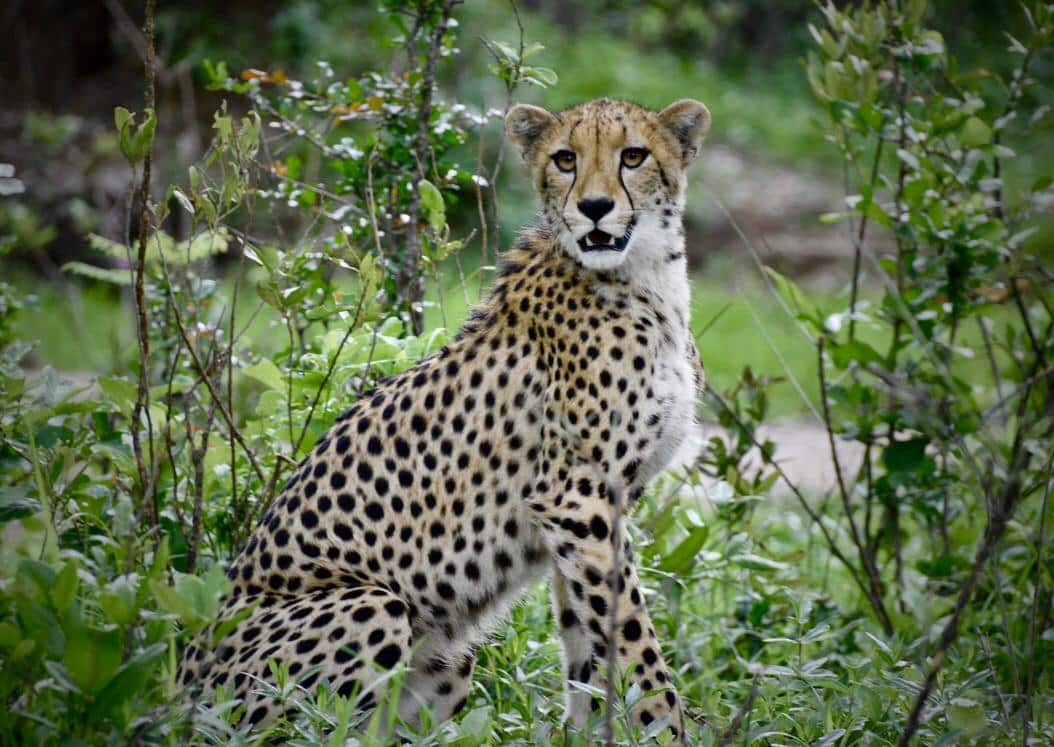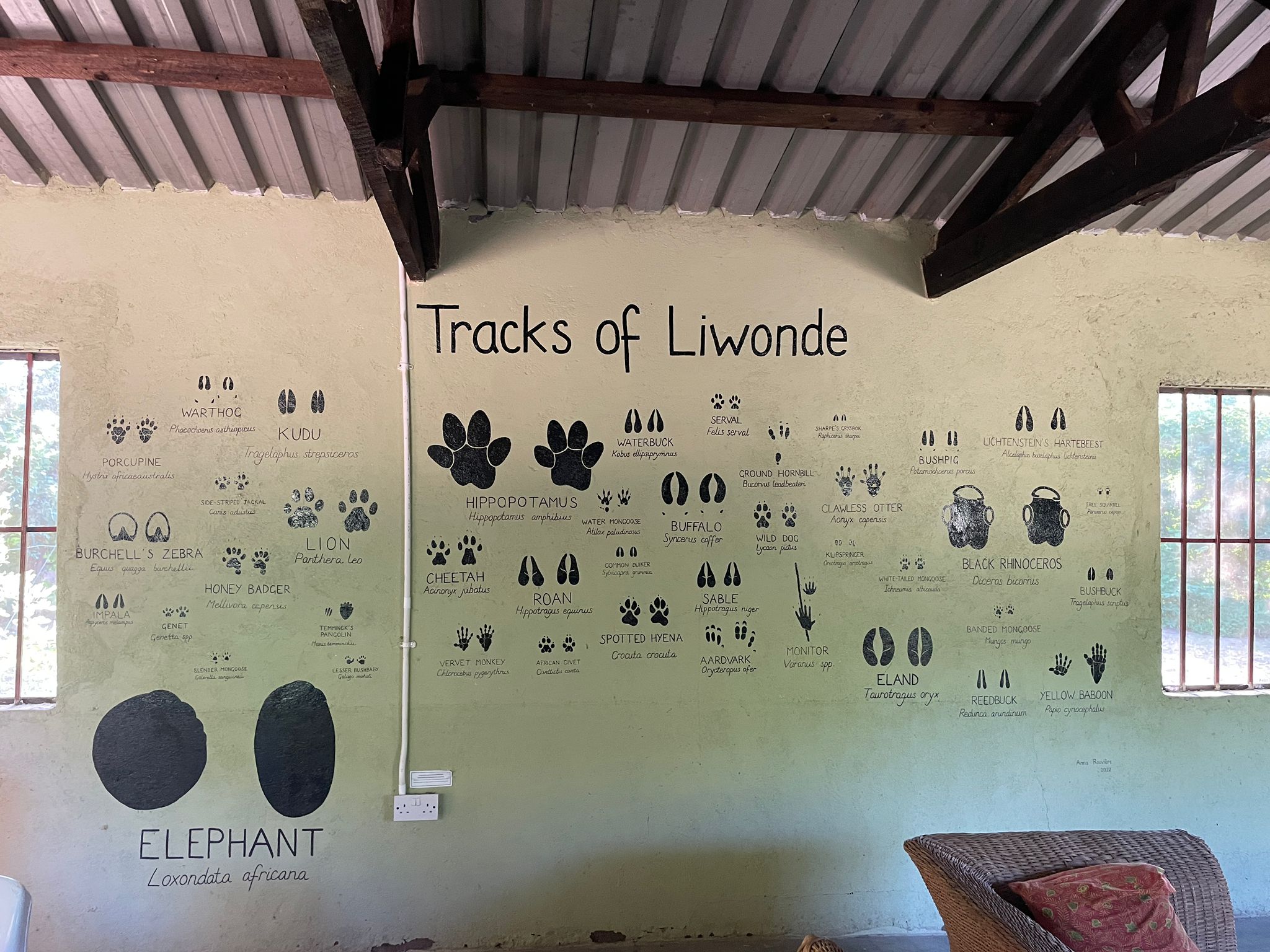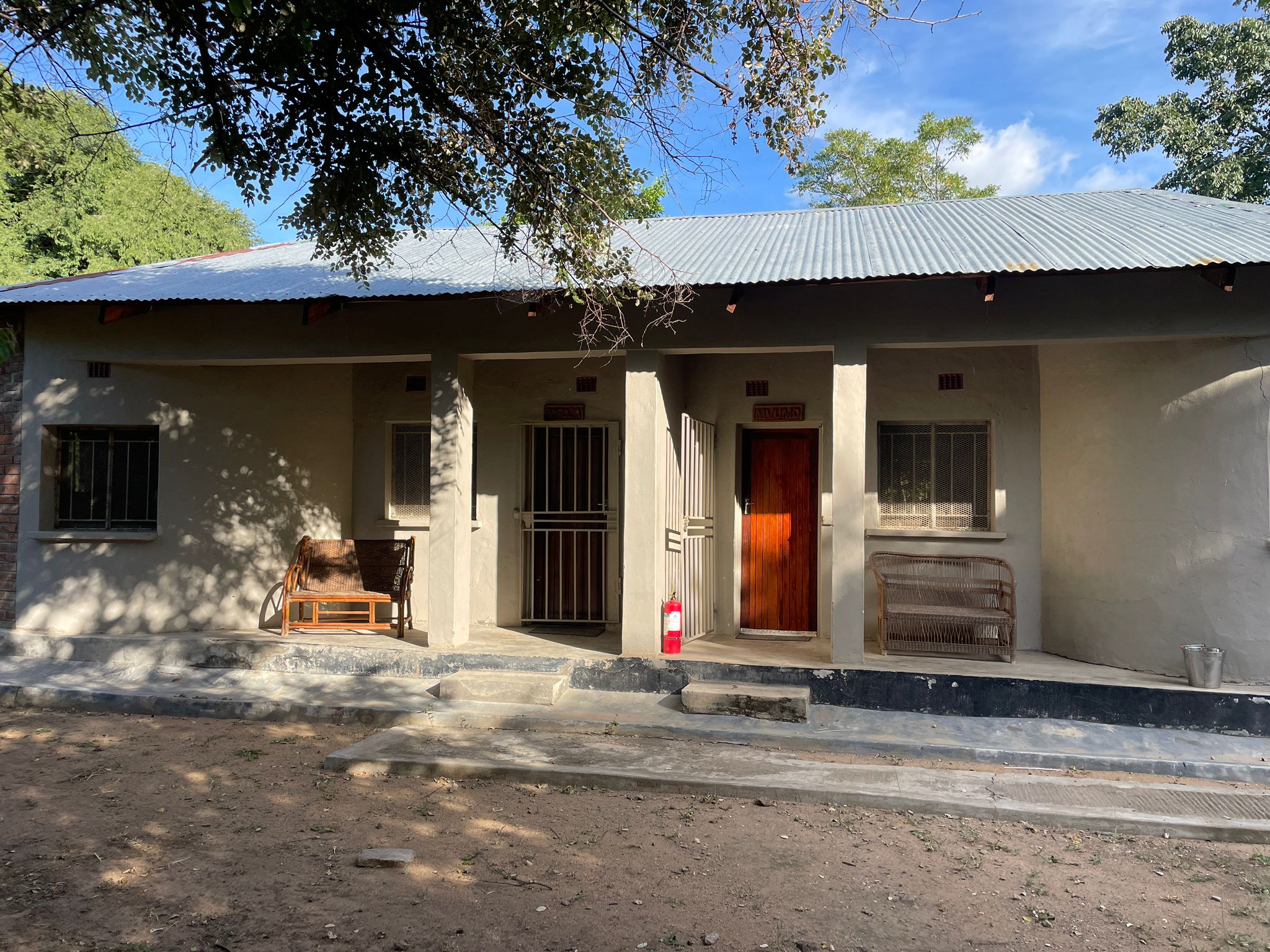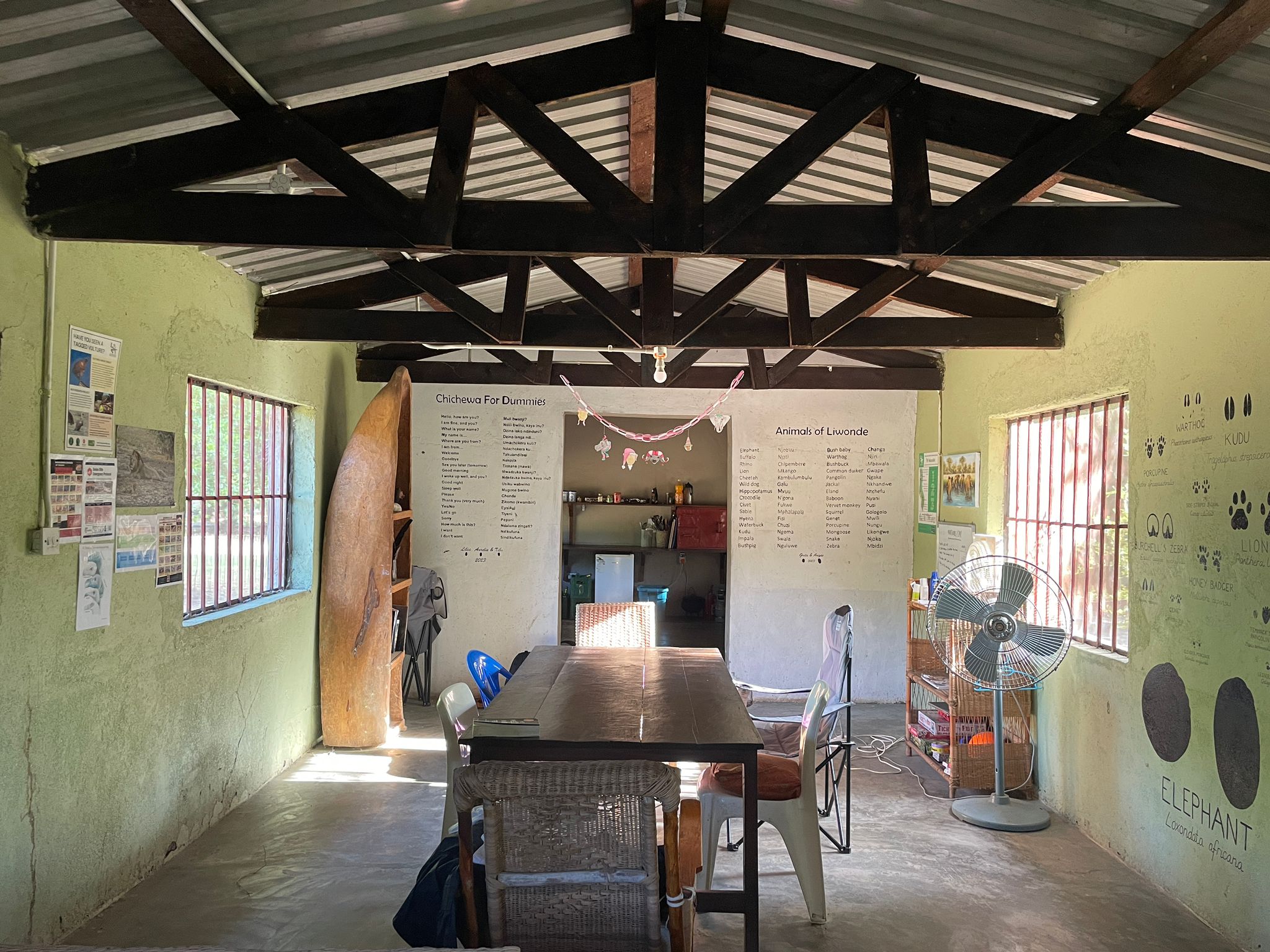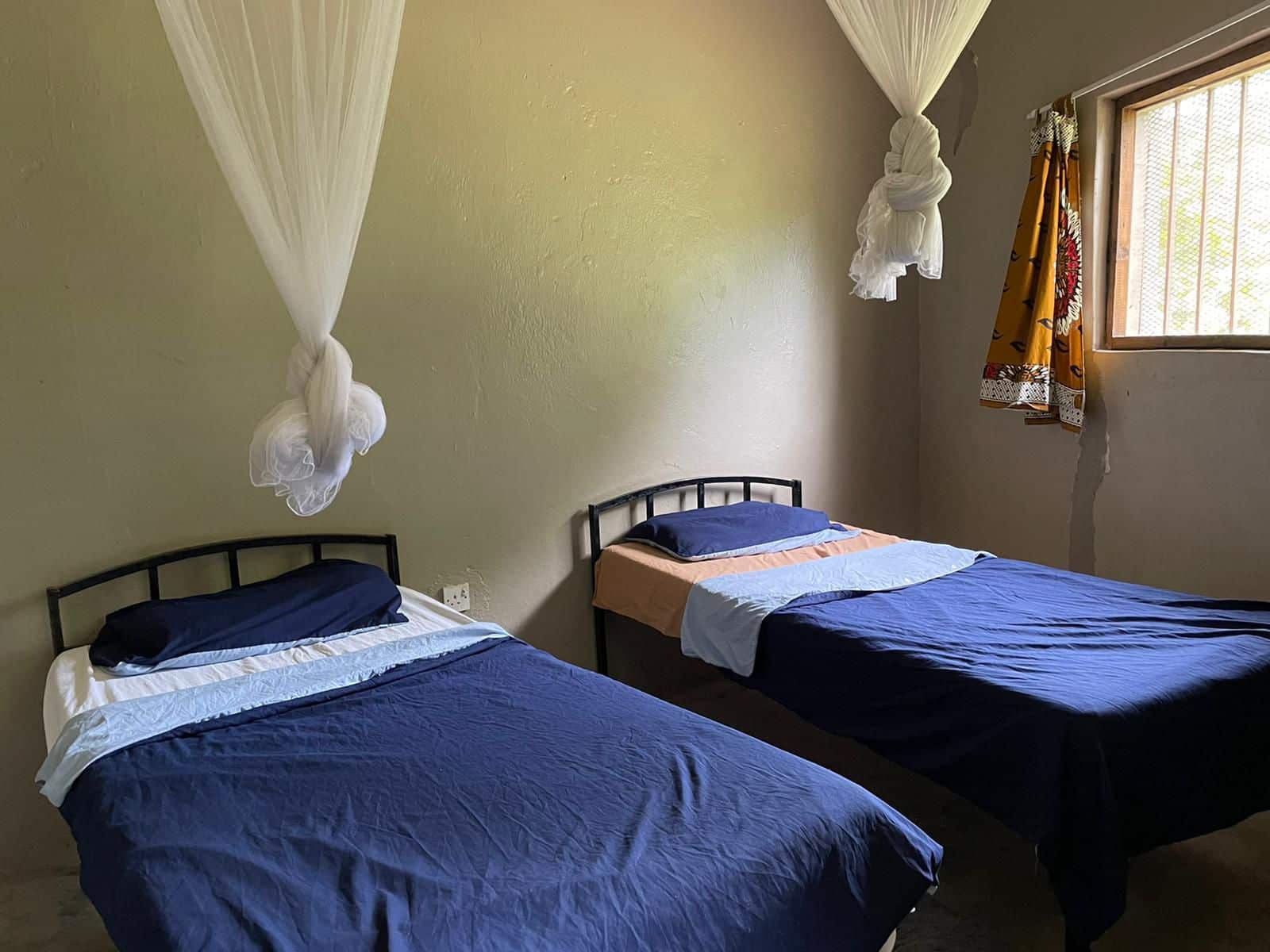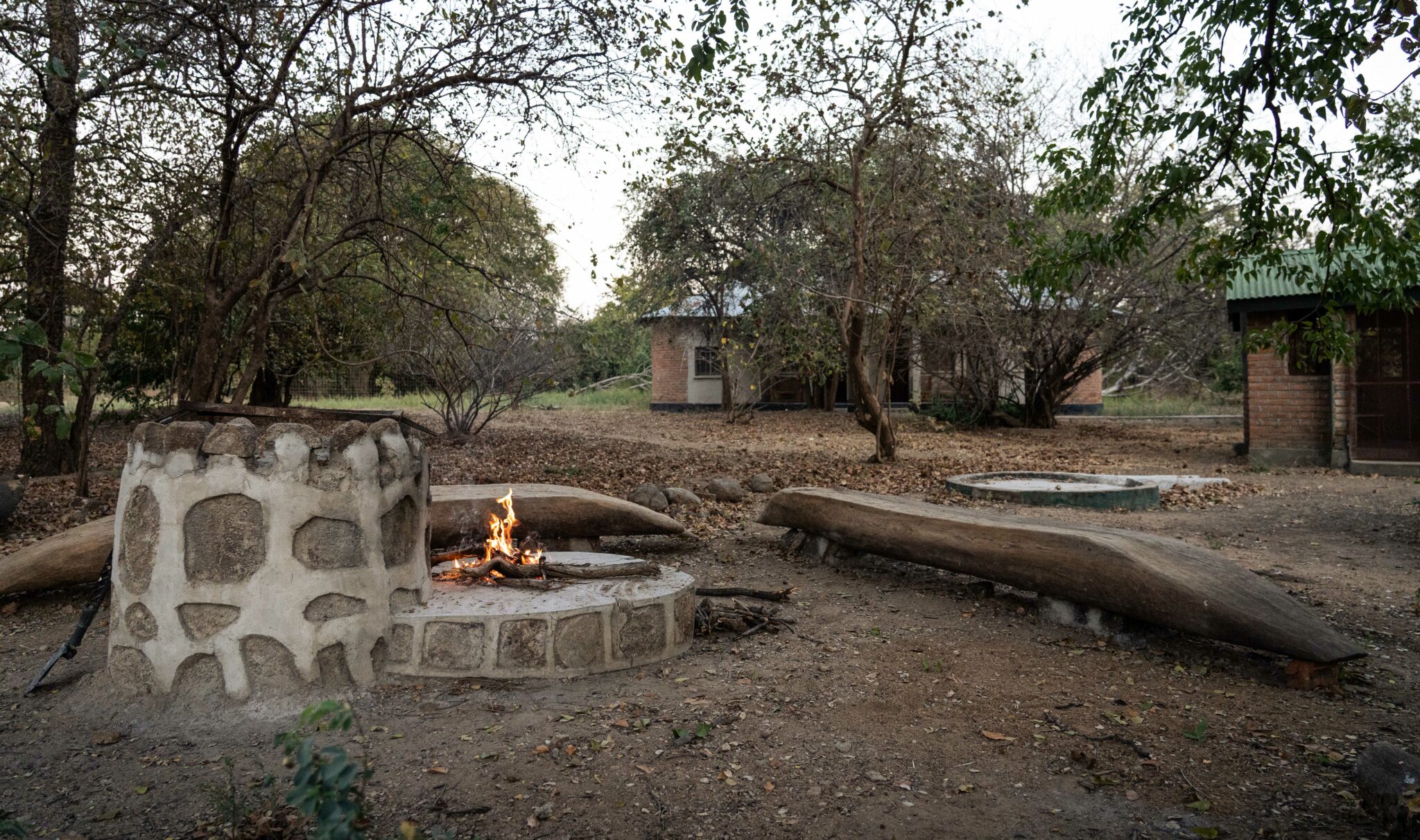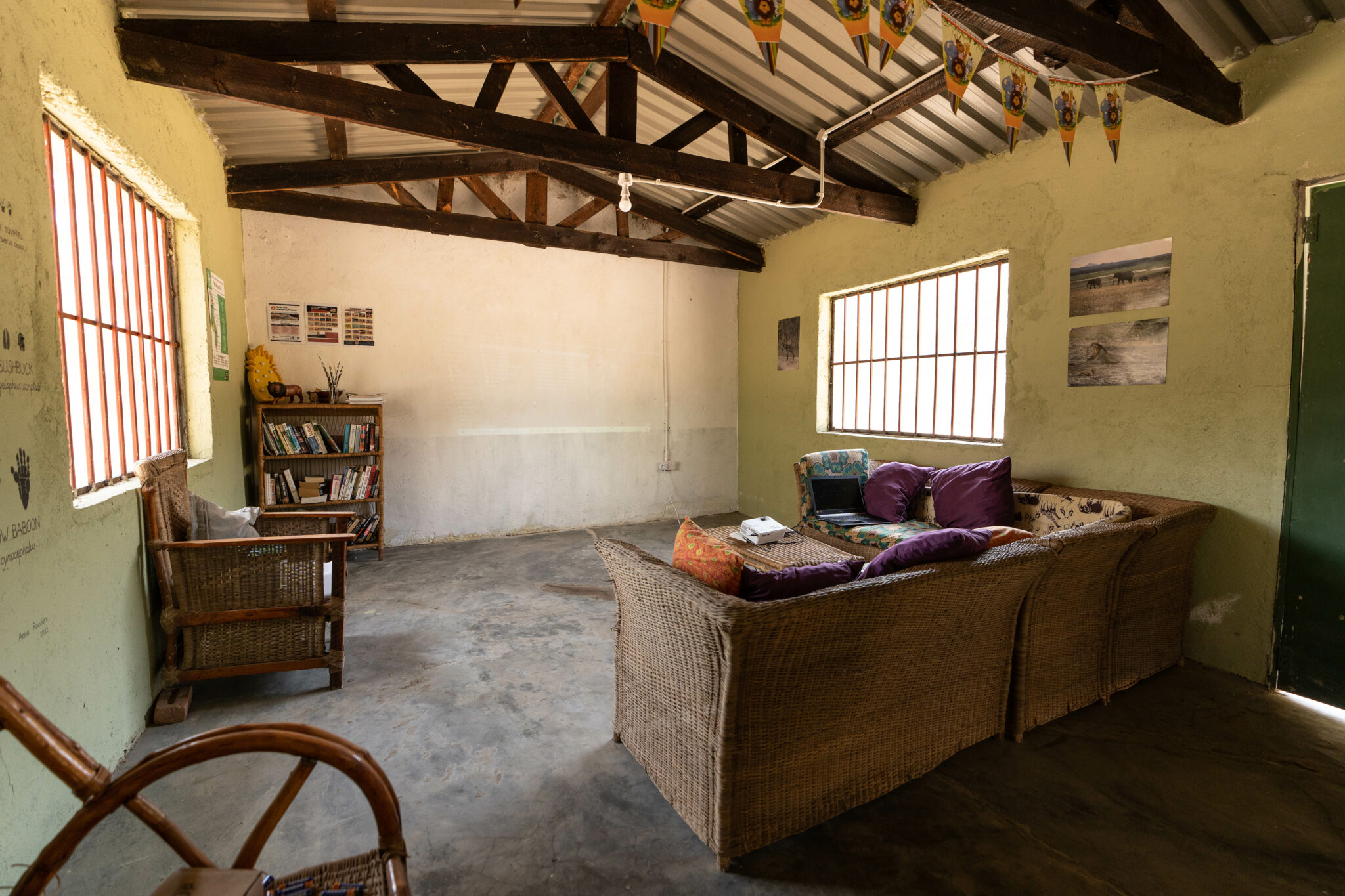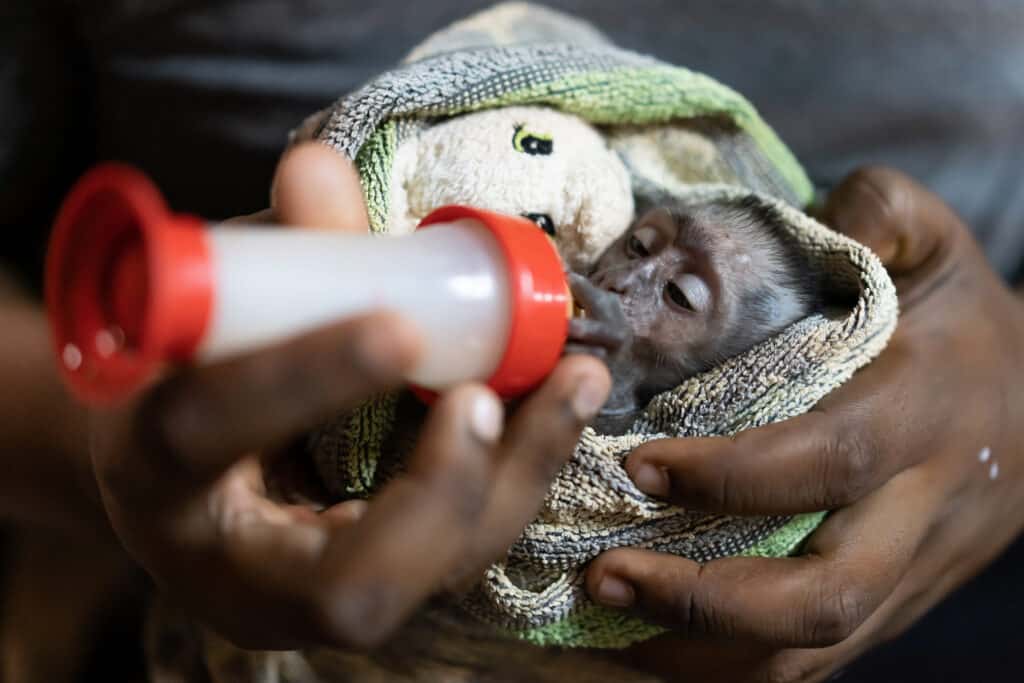Experience a wonderful adventure in the heart of Malawi's Liwonde National Park as an ecovolunteer for wildlife research. Other wildlife monitoring missions here
The project takes place in the magnificent Liwonde National Park.
Malawi's extraordinary flora and fauna is facing a number of threats that are destroying its biodiversity. These include deforestation, human-wildlife conflicts and the illegal trade in products such as ivory and bushmeat. Our partner's research program focuses on monitoring species of "special concern" in the magnificent Liwonde National Park. You'll be working with iconic species such as lions, cheetahs, hyenas and vultures, collecting data that will feed directly into conservation strategies. Please note that elephants and rhinos are not included in the program. You will, however, observe them on your travels.
Field work with wildlife
Field work is intensive and requires early mornings, long days and a lot of patience! Activities include radio tracking of target animals, checking camera traps and recording observations. As part of a small team, you'll learn to carry out VHF radio tracking, animal identification, camera trapping and data entry.
Experience unique moments
You'll also experience unique moments and learn about the individual and collective behaviors of wild animals. For example, you can witness a new male taking control of a pride of lions, watch a cheetah teach its cubs to hunt, or observe the behavior of vultures and predators around a carcass.All tracking activities are carried out by vehicle (our partner makes two trips a day, one at 5 a.m. and the other at 3 p.m.). Animal tracking requires constant movement. That's why the team doesn't stop the vehicle very often, unless it needs to check a camera trap, for example.
Evenings listening to the sounds of the bush
During the rainy season, the vehicle has to negotiate very rough and muddy roads. Field work generally lasts five and a half days a week. Participants will sometimes have downtime between morning and afternoon monitoring sessions. However, you can spend entire days in the field (less in the wet season). In the evenings, participants chat around the fire, listening to the sounds of the bush!
Dates
Between 2 and 12 weeks, all year round. Annual closure between December 20 and January 3. Please note that during the rainy season (November-April), you will make fewer monitoring trips, as the animals are less visible.
Rates
- 2 weeks 1,500 about 1782 € €%% weeks
- 3 weeks 1,942 about 2308 € €%% weeks
- 4 weeks 2,445 about 2668 € €%% weeks
- 5 weeks £2,817 or about €3348
- 6 weeks £3,155 or approx. €3750
- 7 weeks 3,477 about 4132 € €%% weeks
- 8 weeks 3,769 about 4479 € €%% weeks
- 9 weeks £4,044 or approx. €4805
- 10 weeks £4,287 or about €5095
- 11 weeks £4,527 or about €5380
- 12 weeks £4,744 or about €5,638
Included in price
- Housing
- Food, tea, coffee
- Airport transfer and all mission-related transport
- Framing
- Local SIM card and T-shirt
Not included in price
- Flights
- Visa
- Vaccination and TB X-ray
- Personal effects and excursions
- From age 18
- English: basic level
- Minimum 2 weeks, maximum 12 weeks (may be longer, but on a case-by-case basis)
- Location : Liwonde National Park
Housing
The research camp is bush basic. It is organized around community living, with participants accommodated in shared rooms. It can accommodate up to five volunteers at a time. There's a large kitchen and open-air fire pit. Sanitary facilities include flush toilets and hot showers. Electricity at the research camp is intermittent and often supplied by a backup power source, so the team recommends limiting the number of devices that need recharging. Although there is no WiFi available, there is network coverage at the camp, and staff will help you obtain data for your cellular device so you can contact loved ones.
Location
Liwonde is located in the southern region of Malawi, a four-hour drive from Lilongwe. It is one of Malawi's best game viewing sites. Liwonde is home to some of the country's largest populations of elephant and black rhino. Situated on the famous Shire River, habitats range from vast floodplains to cathedral mopane forests. In recent years, Liwonde has played host to translocations and reintroductions of wild animals. It is one of Malawi's main parks for carnivores, including cheetahs and lions.
Meals
Meals are taken in common, and cooking and cleaning are shared by all participants. Please inform the team if you have any special dietary requirements. As the Liwonde site is quite far from the city, the variety of food may be more limited than at Lilongwe Wildlife Centre.
Arrival
It's best to arrive on Monday or Tuesday, although arrivals are possible on other days of the week. A member of our team will meet you at the airport.
Fieldwork generally spans five and a half days a week. Participants will sometimes have free time between morning and afternoon monitoring sessions, although our work is unpredictable and can result in full days in the field (less so during the rainy season). In the evening, it will be possible to sit around the fire, listen to the sounds of the bush and discuss the day's events. Volunteers have one and a half days off per week, although it is possible to request whole weekends off for travel (within reason)!
About the partner
Lilongwe Wildlife Trust (LWT) is one of Malawi's leading conservation organizations. Established in 2008. The NGO manages Malawi's only wildlife sanctuary and a range of other programs focusing on wildlife rescue and welfare, biodiversity research, conservation justice, environmental education and campaigning. All missions with LWT

